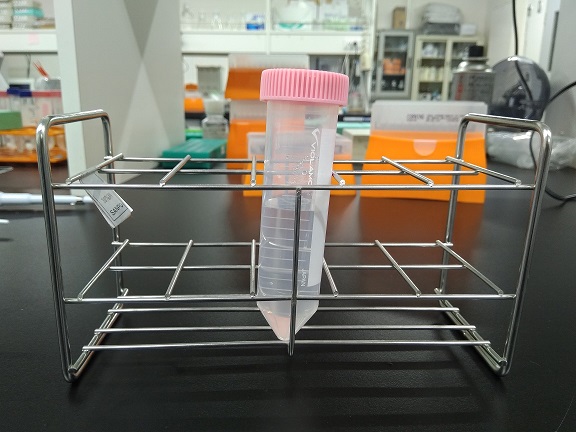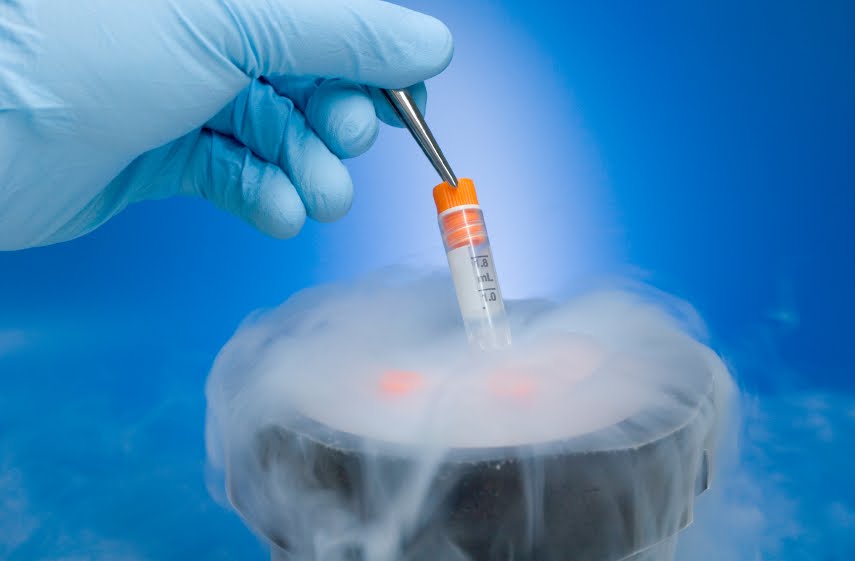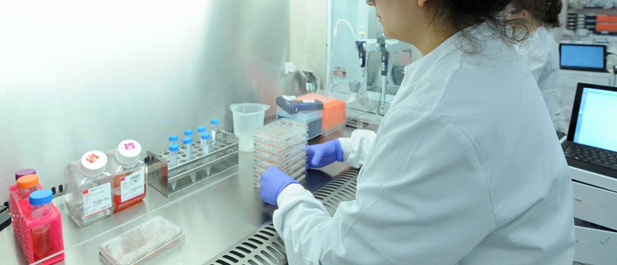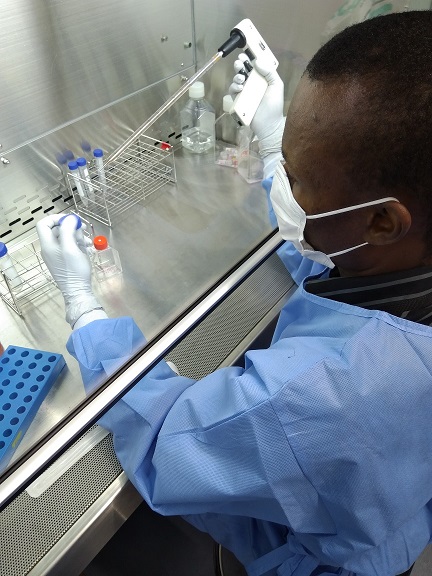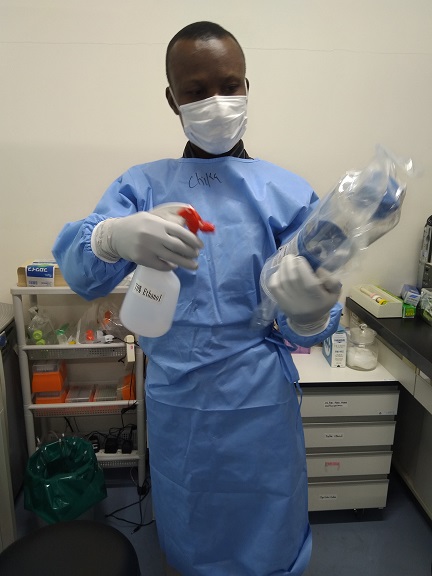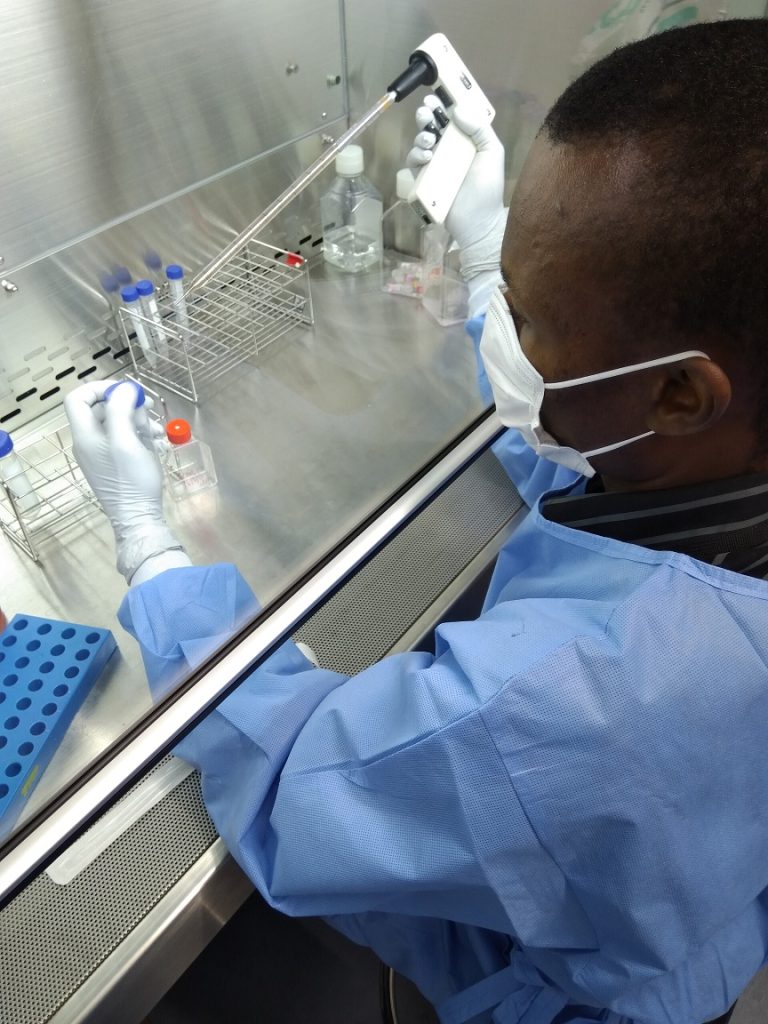BASIS FOR A SUCCESSFUL CELL CULTURE & AREAS THAT ENCOURAGED CELL CULTURE DEVELOPMENT
Having a cell culture without any form of contamination is paramount in the cell culture laboratory. Such success is usually achieved when the laid down principles and aseptic techniques for undertaking a cell culture procedure are conscientiously followed. A successful cell culture technique depends on a number of factors. These factors are: When these factors […]
BASIS FOR A SUCCESSFUL CELL CULTURE & AREAS THAT ENCOURAGED CELL CULTURE DEVELOPMENT Read More »
Cell Culture Notes

